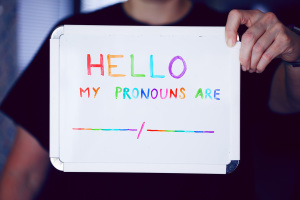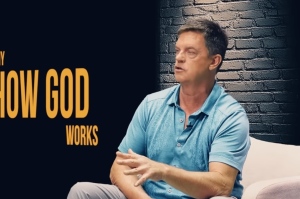Pancreatic Cancer Test by 15-Year-Old Wins $75,000 Science Prize
A pancreatic cancer test by 15-year-old student Jack Andraka is taking the science world by storm. The North County High School freshman was awarded a $75,000 prize for his efforts.
The pancreatic cancer test was entered in by the 15-year-old to the Intel International Science and Engineering Fair. The simple dip-stick blood and urine test has been found to be 90 percent accurate, 1,000 times more sensitive, and 28 times cheaper than other tests- all while using the same methodology, according to the teen.
"I got interested in early detection because that's the best chance of treating cancer," the Crownsville, Maryland student told Time magazine. "The only practical way of doing this is through routine blood tests, so that's what I've developed here."
Early detection at such an accurate rate is important to victims of pancreatic cancer both now and in the future; the disease is the fourth most deadly cancer in the U.S., with 74 percent of new diagnoses dying in a year, and 94 percent dying in five years.
Jack Andraka's invention will help an estimated 44,000 new diagnoses of the disease by locating an "abnormal protein" in blood.
The test "detects an abnormal protein that you find in the blood when you have a pancreatic cancer," Dr. Anirban Maitra, professor of oncology, pathology and chemical and biomolecular engineering at Johns Hopkins School of Medicine, told a CBS affiliate WJZ-13. Needless to say, he is impressed.
"He conceived this idea, and I think the fact that he is 15 makes this whole story more remarkable," Dr. Maitra added.
Andraka's discovery wasn't the only amazing one out of the 1,500 students competing for the top prize. The first runner-up, Nicholas Schiefer of Pickering, Ontario in Canada, created a "microsearch" technology. It's capable of browsing tiny bits of information, and could be worth millions, according to Hypervocal.
The second runner-up, Ari Dyckovsky, invented "entanglement": a process whereby information on one atom appears on another, and the first atom is destroyed. The "information teleportation" science could help send encrypted messages that are unbreakable.
Andraka plans to use his money for college.



























